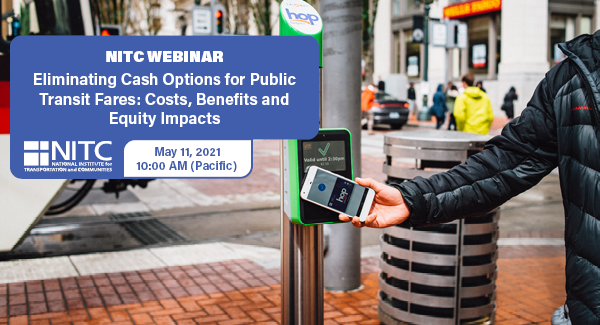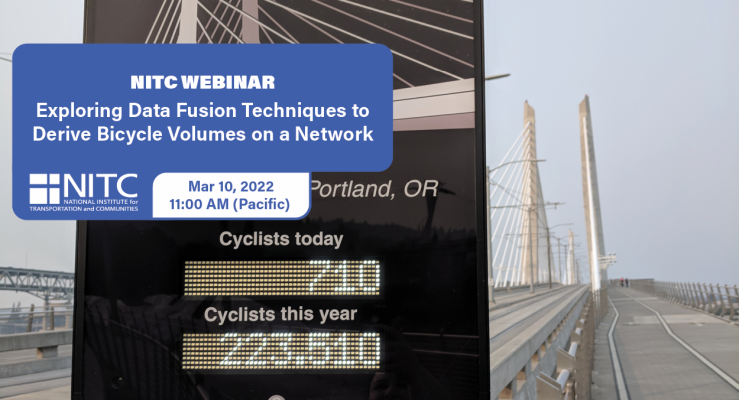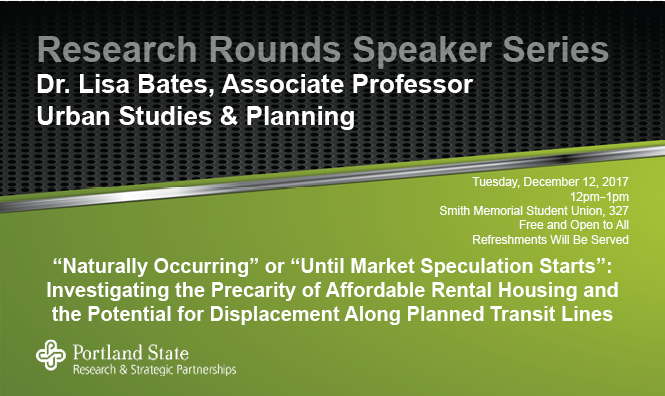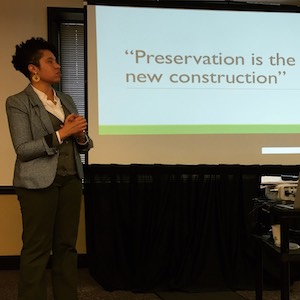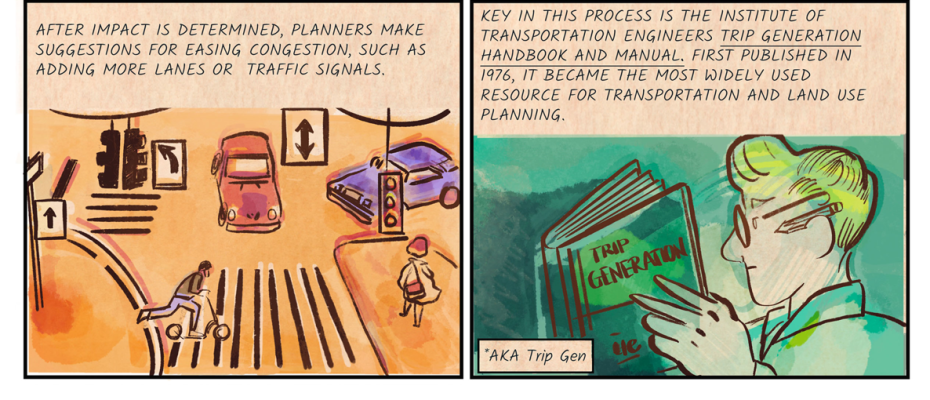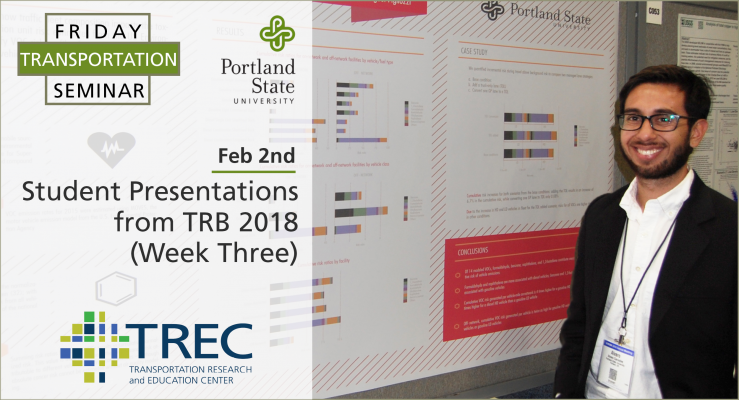PRESENTATION ARCHIVE
OVERVIEW
Many transit agencies plan to automate their fare collection and limit the use of cash, with the goals of improving boarding and data collection while lowering operating costs. Yet about 10% of adults in the United States lack a bank account or credit card, and many either rely on restrictive cell-phone data plans or don’t have access to internet or a smartphone.
This webinar will present part of a larger research project exploring these issues in the cities of Denver, Colorado, and Eugene and Portland–Gresham, Oregon. In this part, we explore the tradeoffs between reducing cash acceptance, ridership and the costs of fare collection systems. How much does it save to reduce cash acceptance, verses ridership and equity impacts?
We will also present a cost-effectiveness framework that combines a qualitative and quantitative analysis and use this model to explore case scenarios in our three cities. The model shows that adding a retail network to...
Read more
